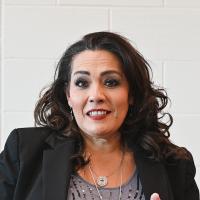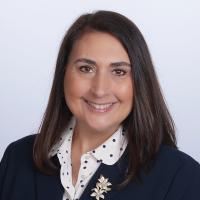
Effective Implementation Cohort Positively Impacts Student Success
Middle school math and Algebra I play a crucial role in student success. Algebra I is a reliable indicator of graduation and pursuit of higher education. At the same time, effective implementation of a high-quality curriculum is a key component in supporting that success in mathematics. What does it take to achieve that? That is the question at the heart of the Effective Implementation Cohort (EIC), a multimillion-dollar project supported by the Bill & Melinda Gates Foundation.
The EIC aims to increase a district’s capacity to implement high-quality instructional materials for traditionally underserved middle schools. It explores how student success is impacted when curriculum and professional learning providers collaborate with school districts to implement district-wide math improvement.
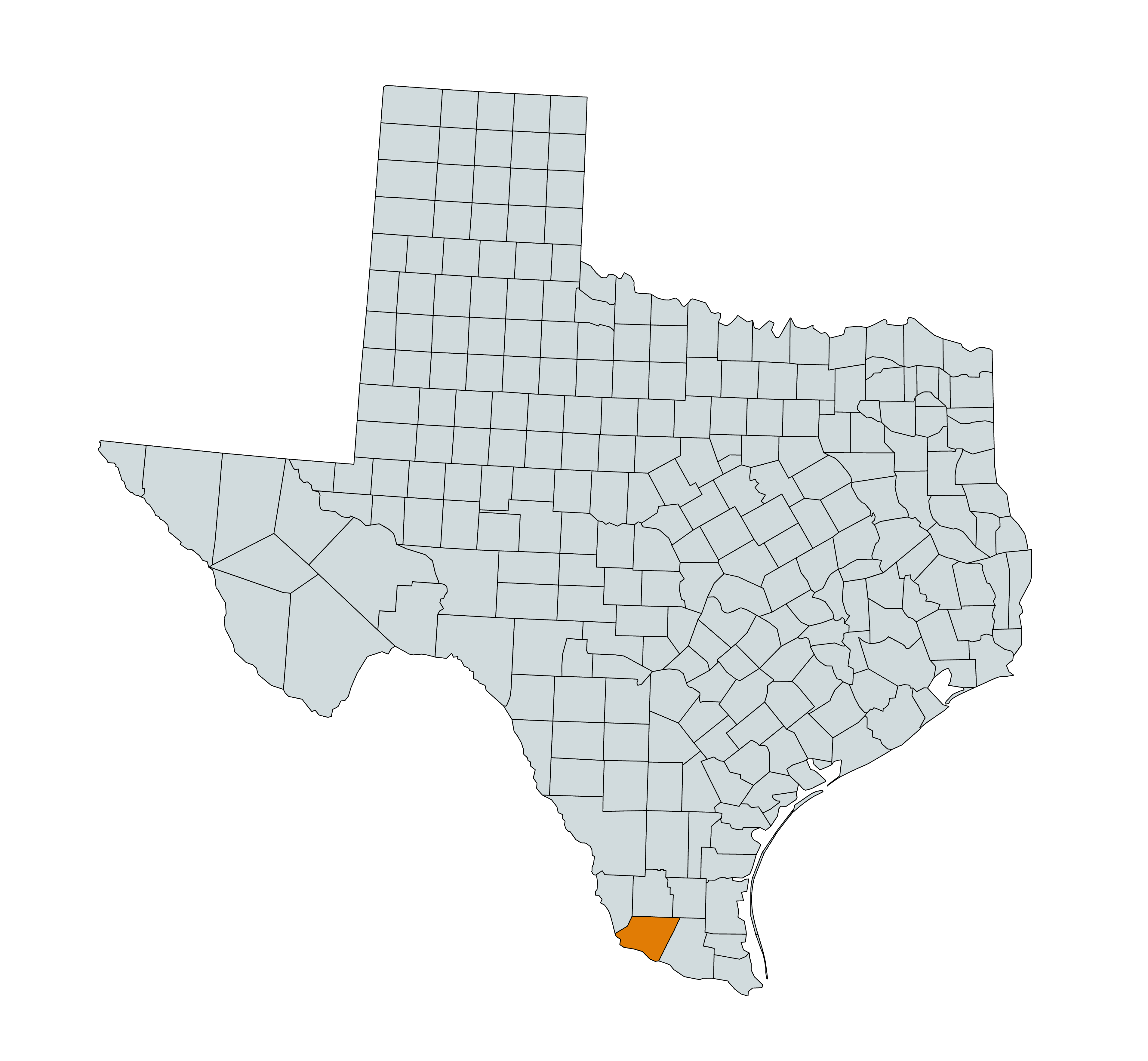 In 2021, the Charles A. Dana Center partnered with Agile Mind to engage Rio Grande City Grulla Independent School District (RGCGISD) in south Texas. Located in a low-income region, RGCGISD has a student population that is 99.6% Hispanic and 79% emergent bilinguals. The work with all three middle schools in the district centered on a deep study of the Agile Mind curriculum to increase teacher content knowledge and effective teaching practices.
In 2021, the Charles A. Dana Center partnered with Agile Mind to engage Rio Grande City Grulla Independent School District (RGCGISD) in south Texas. Located in a low-income region, RGCGISD has a student population that is 99.6% Hispanic and 79% emergent bilinguals. The work with all three middle schools in the district centered on a deep study of the Agile Mind curriculum to increase teacher content knowledge and effective teaching practices.
The Plan
The three-year project began during the post-pandemic school environment when the district was transitioning from virtual to classroom learning. At the time, RGCGISD was facing high teacher turnover and recruiting challenges, and students were grappling with opportunity gaps in learning.
District leaders, Agile Mind, and the Dana Center partnered to provide support and professional learning for teachers and administrators throughout the district. The project focused on professional learning, curriculum adoption, and qualitative analysis to make continuous improvements in real-time.
Professional Learning
Professional learning began in summer 2021 and continued through the 2023–2024 school year. The first summer sessions were crucial in building a supportive learning community. These sessions focused on enacting Agile Mind and using the embedded supports in the curriculum. Teachers took turns preparing lessons and modeling.
Throughout the school year, professional learning days focused on conceptual understanding of grade-level content using the curriculum and strategies to promote student discourse. The Dana Center and Agile Mind providers tailored the learning sessions to the teachers’ needs. Teachers were compensated for taking time after school and on Saturdays to engage in collaborative study and instructional planning. This time was essential in solidifying and sustaining their learning communities.
Curriculum Adoption
The district had the Agile Mind curriculum available many years before but didn’t require its use or provide intensive implementation support to teachers. Consequently, there was no consensus from teaching staff to use the curriculum.
District Director for Assessment, Hermelinda Ayala-Rios, recognized that she needed allies to implement an effective curriculum across RGCGISD. She identified specific teachers invested in the curriculum and started building relationships with them. She coached these teachers and gave them leadership roles on their campuses and in professional learning sessions at the beginning of the project.
Recruiting these teacher leaders reinforced Ayala-Rios’ efforts to foster trust and honest communication during those initial professional learning sessions. This was a critical factor in adopting the Agile Mind curriculum because teacher leaders fostered courage and support.
Since open dialogue was encouraged, any reluctant teachers were able to voice their concerns and feel valued. “Honesty is the best policy. I need [the teachers] to tell me what they don’t like or struggle with, so I can know how to best help them,” Ayala-Rios said. “The best thing we could possibly do is invest in our teachers.”
As the teachers saw the commitment to both Agile Mind as a curriculum and to their growth as professionals, they began to accept and engage in adopting the curriculum.
Qualitative Analysis
Classroom walkthroughs, student focus groups, and surveys were used to determine the focus of ongoing professional learning. Teachers and administrators reflected on survey data to set personal and campus goals. Additionally, teachers continued to plan mini-lessons and receive peer feedback, enabling a sense of community and collaboration. District and campus leaders also received training to support teacher motivation.
The Impact
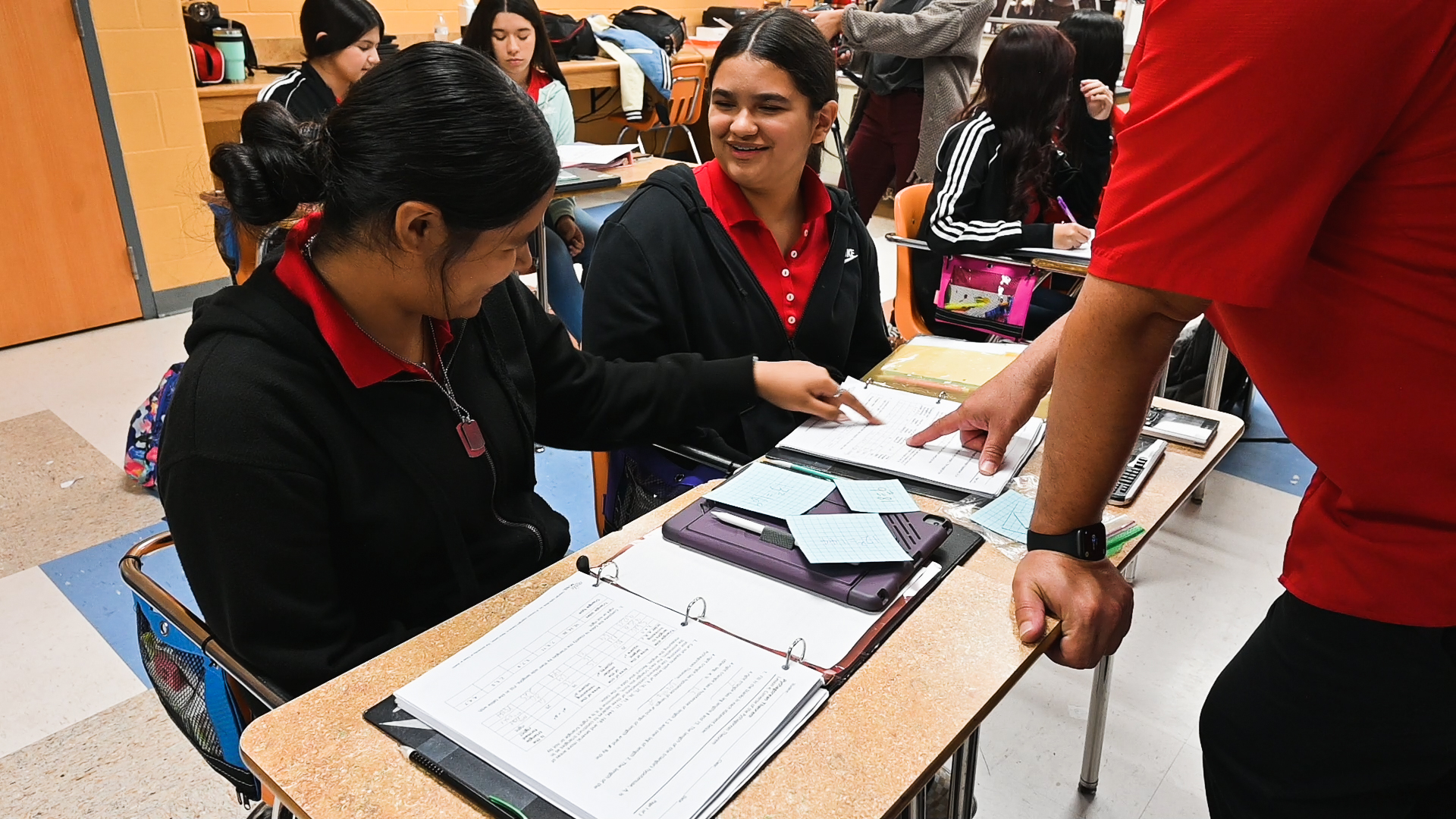
Through the EIC project, the teachers adopted Agile Mind as their core curriculum, gained confidence in their content knowledge and pedagogy, and formed true learning communities. The district saw great increases in teacher retention, losing only a few teachers over the following three years.
Students reported that their teachers believed in them and that they worked hard in their math courses. Every middle school showed increased student success on STAAR, the state achievement test.
Rio Grande City ISD Scales Approach
Seeing this success, the district began a similar approach for their novice high school Algebra I teachers. At the time, only one of their seven high school Algebra I teachers had a teaching certificate. Rafael Vasquez, mathematics administrator for the district, met with the teachers for a half-day each Friday and for longer periods on Saturdays for an entire year. He focused on curriculum lesson study and lesson rehearsals. He modeled the lessons for the week, and the teachers prepared and presented lessons to one another.
'I just love teaching,' Vasquez said. 'When I went into the administrator route, I thought twice. But then teaching the teachers was even better. I was impacting the whole district. I could see the students’ gains and when the scores came in, everyone was amazed and excited.'
Vasquez’s enthusiasm and respect for the teachers was evident. As one teacher remarked, “Sometimes teachers shy away from help, but building this community and being honest with each other helped us professionally.”
Vasquez’s support made a significant impact on the high school teachers and on student achievement. Every Algebra I teacher stayed for another year, and many worked toward and completed their certifications. The Algebra I End of Course scores improved over the scores of the veteran teachers’ classes. This initiative was so successful that the Dana Center and Vasquez presented the Algebra I work at NCSM 2023.
The Keys to Success
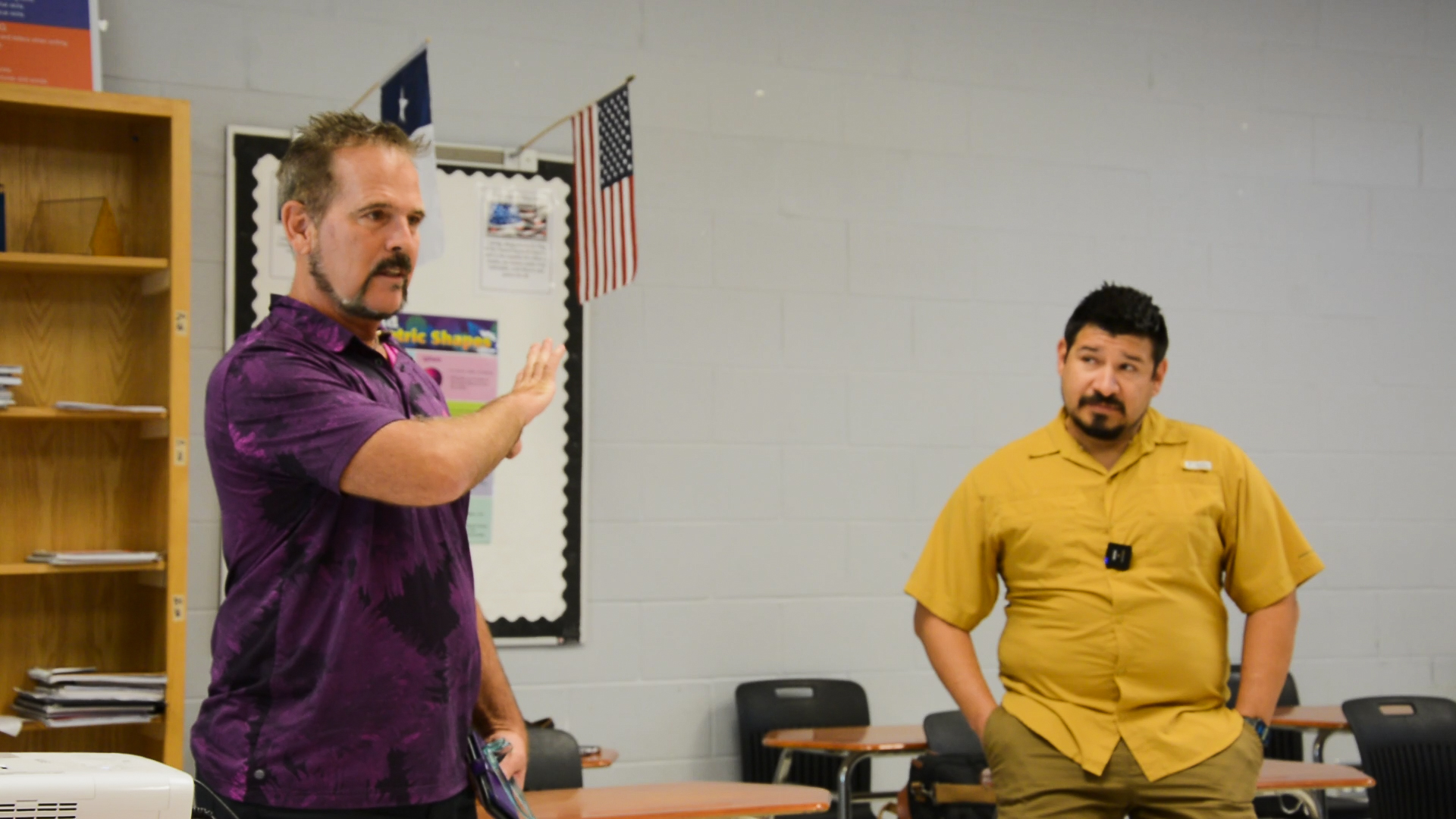
'We invest in identifying and celebrating leaders and celebrating success among every entity in our school district,' explained Ayala-Rios.
The EIC project’s success was due to a collaborative focus on relationship building. The district built trust and rapport between teachers, administrators, and district personnel. “I tell them, I know what you are feeling. I get it. I spent 17 years in the classroom. What can we do differently? How can I make it better? It was important to build leadership capacity in the classroom – the teacher is the one who stays from year to year. They are the ones closest to the student, they matter the most. The district made sure all teachers knew their importance.
Building strong relationships ensured the implementation plan was created with all stakeholders in mind, especially teachers. By prioritizing sustained support at every level, the district created an environment where teachers had the confidence to talk openly with leadership and to take ownership of their professional growth.
Additionally, lesson practice centered on collaborative study with opportunities for feedback, paid training, and a culture of respecting and challenging teachers. Professional learning content was also designed to meet the exact needs of the teachers in the room, unlike a generic program.
Finally, the Agile Mind curriculum is uniquely positioned to empower teachers to deepen their own content knowledge and pedagogy. The curriculum includes detailed advice for instruction, visuals, and animations to further support conceptual understanding for both teachers and students. Since the Agile Mind curriculum was implemented from middle school to high school, the teachers were aware of the flow of content from grade level to grade level. They notice that students came into their classrooms already familiar with the curriculum, with fewer gaps in learning, and ready to learn.
After seeing students learn and succeed in greater numbers, teachers and administrators remain proud and encouraged to preserve the learnings from the EIC project as the grant comes to an end. As Hermelinda Ayala-Rios sums it up, “These kids are amazing – these teachers are amazing. Look what [they] are able to do!"
About the Author
Sherri Jones
Sherri authors and manages content development for Agile Mind course programs in middle school mathematics and supervises the authoring of assessment items for Agile Assessment. In addition, she provides implementation support for partner sites and creates and delivers professional learning.
About the Author
Hermelinda Ayala-Rios
Hermelinda is the director for accountability & assessment at Rio Grande City Grulla Independent School District in South Texas. She leads district-wide school improvement initiatives and has played a big role in adopting a consistent, high-quality curriculum across several campuses in her district.
About the Author
Michele De La Garza
As the regional director of Professional Services at Agile Mind, Inc., Michele currently focuses on systems change to ensure professional learning meets the needs of teachers, campus leaders, and district leaders. She also leads implementation efforts and actively monitors data to ensure areas of support are identified early and enacted strategically.
Get in Touch
At the Charles A. Dana Center, we envision a future where each and every student, regardless of their background or zip code, can experience the power and joy of mathematics, science, and literacy in ways that are meaningful and relevant to their futures.


